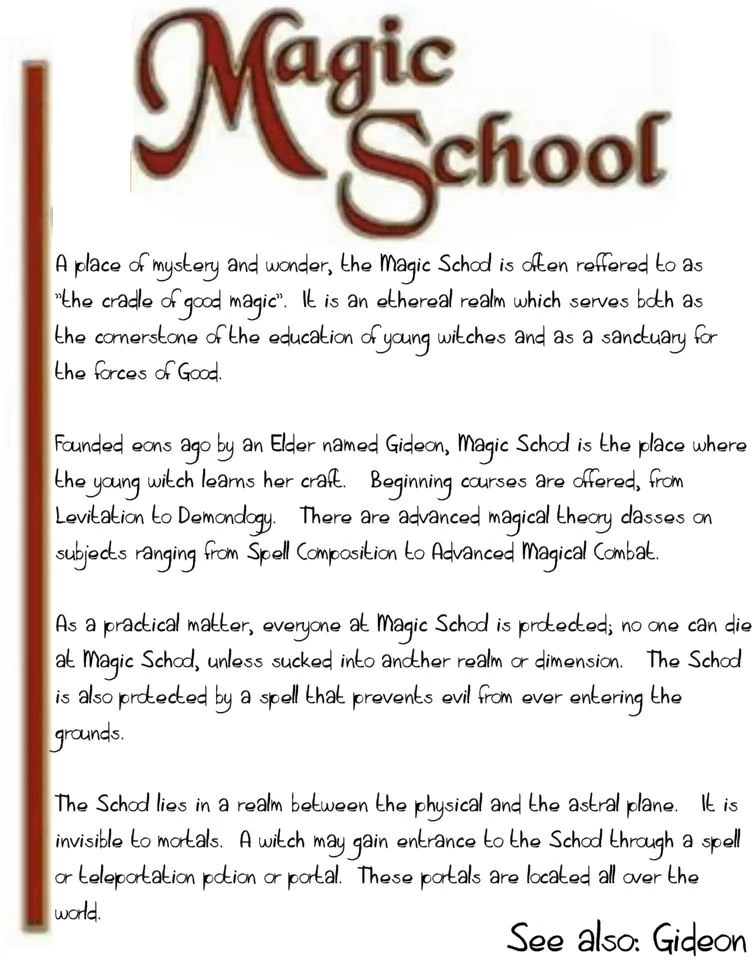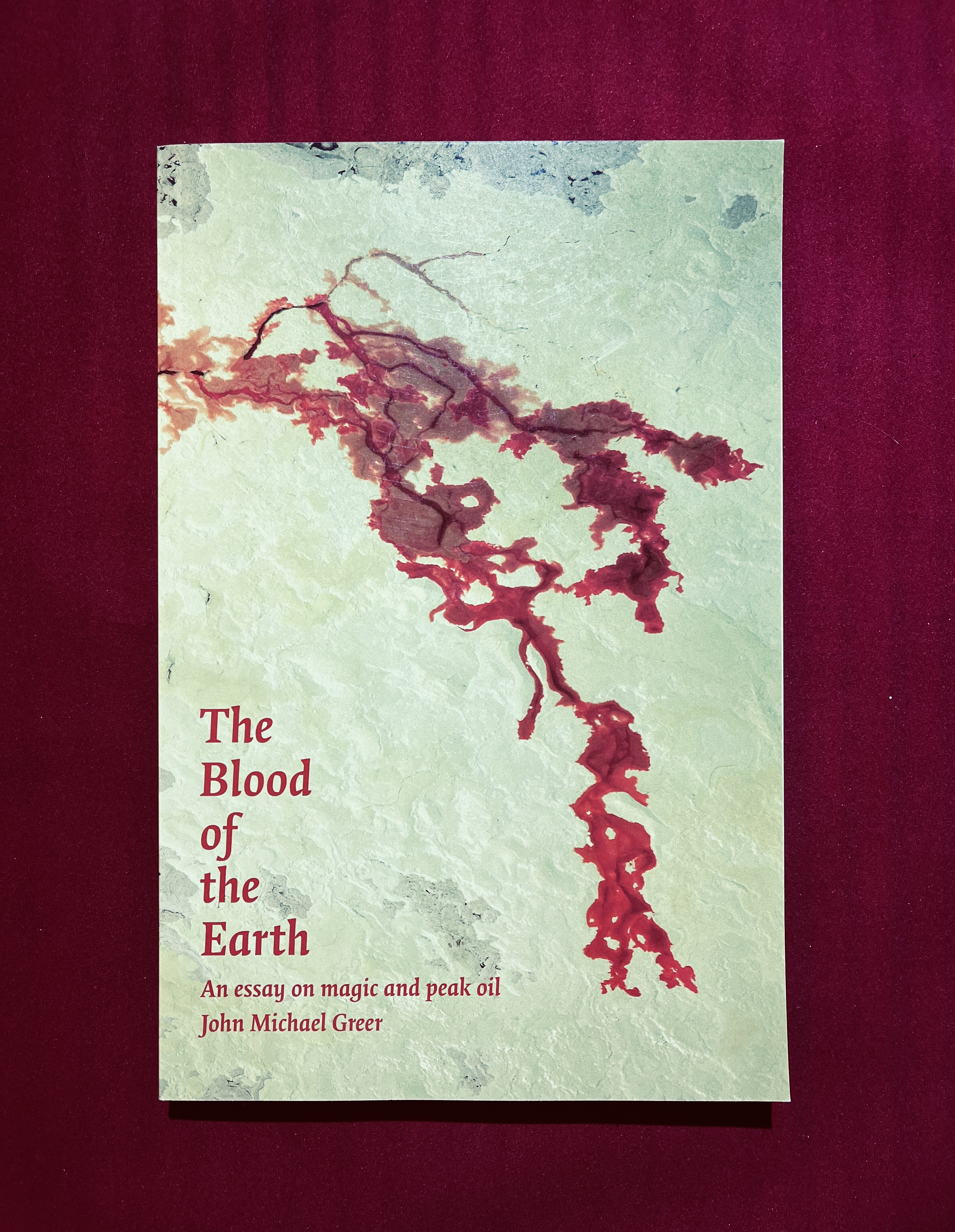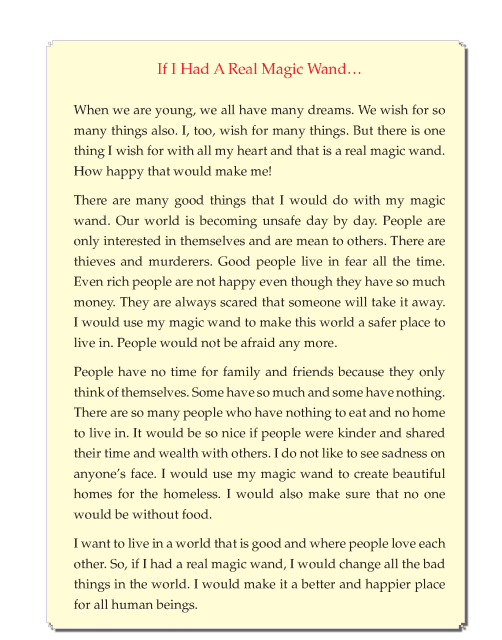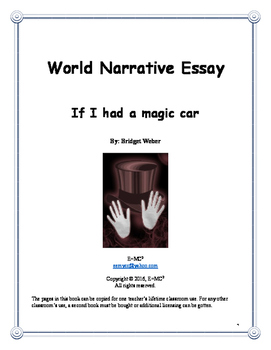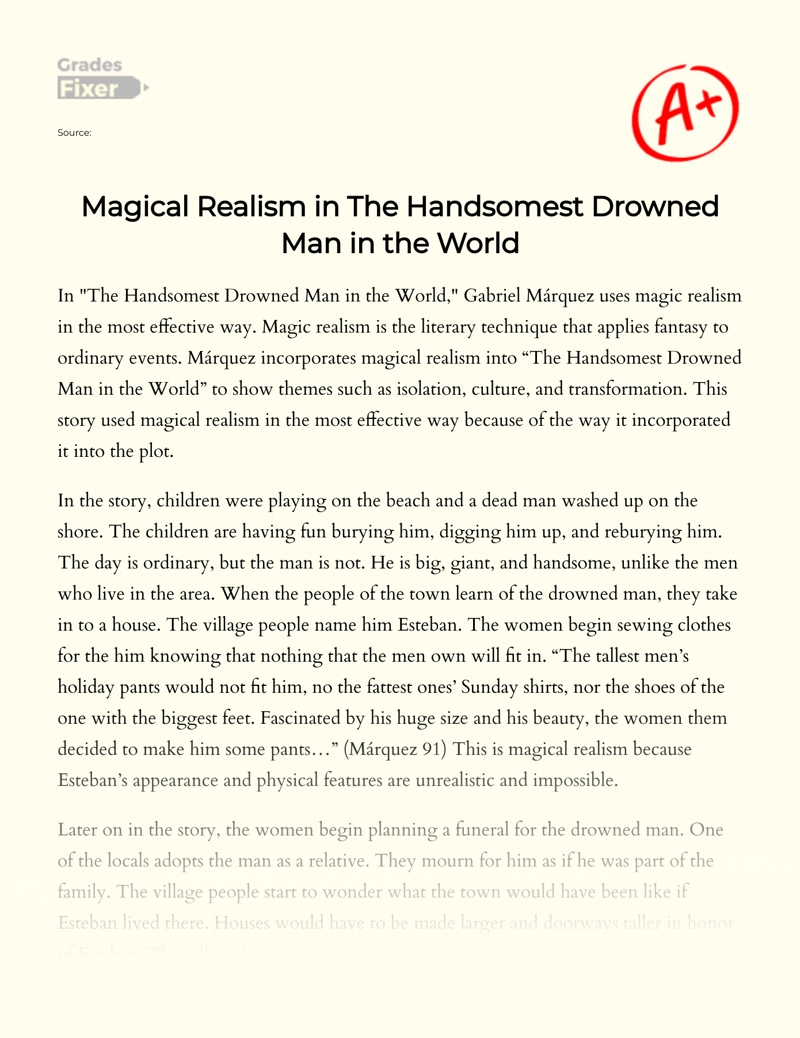Magic is a mysterious and fascinating concept that has captured the imaginations of people for centuries. It is often associated with the supernatural, and is often thought of as the ability to perform feats or actions that defy the laws of nature.
One of the most iconic forms of magic is stage magic, where a magician performs illusions and tricks in front of a live audience. These illusions can range from making objects appear and disappear, to levitation, to mind reading. Stage magicians use a variety of techniques to create these illusions, such as misdirection, sleight of hand, and carefully planned and rehearsed routines.
Another form of magic is ceremonial magic, which involves the use of rituals, spells, and other practices to achieve a desired result. This form of magic is often associated with religious or spiritual beliefs, and may involve the use of objects such as candles, crystals, and incense. Many people believe that ceremonial magic has the power to bring about positive change in their lives, or to connect with the spiritual world.
Despite the allure of magic, it is important to recognize that much of what is presented as magic is actually just an elaborate trick or illusion. Many stage magicians are skilled at creating the appearance of magic through the use of special effects, props, and other techniques, and it is up to the audience to decide whether or not to suspend their disbelief and enjoy the show.
However, magic can also be seen as a metaphor for the unexpected and the unknown. In this sense, magic can represent the power of the human imagination and the ability to create something out of nothing. It can also symbolize the idea that there is more to the world than meets the eye, and that there are still mysteries and wonders waiting to be discovered.
In conclusion, magic is a multifaceted concept that has captivated people for centuries. Whether it is seen as an elaborate trick or a metaphor for the unknown, it continues to inspire and intrigue people of all ages.
